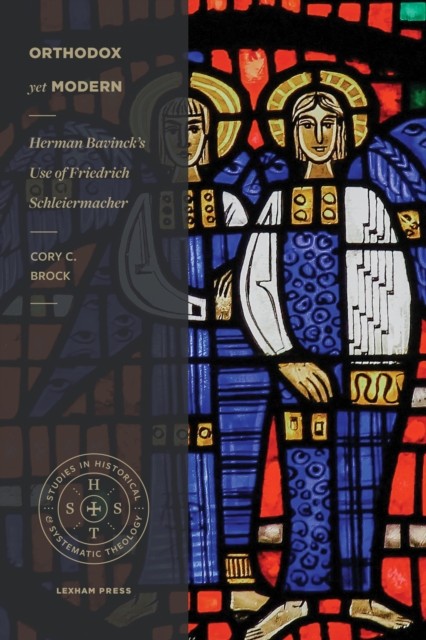We use cookies to improve the Bookmate website experience and our recommendations.
To learn more, please read our Cookie Policy.
To learn more, please read our Cookie Policy.
Accept All Cookies
Cookie Settings
Something went wrong. Try again.

Read in our apps:
iOS
·Android
Cory C. Brock
Orthodox yet Modern
Notify me when the book’s added
Impression
Add to shelf
Already read
Report an error in the book
Share
Facebook
Twitter
Copy link
To read this book, upload an EPUB or FB2 file to Bookmate. How do I upload a book?
Herman Bavinck showed that othodox theology continues to speak authoritatively today. Since the English translation from Dutch of Herman Bavinck's magisterial 4-volume Reformed Dogmatics, there has been a blossoming interest in Bavinck's theology. Readers have been drawn to Bavinck for his faithfulness to the Reformed tradition while also engaging the questions of 19th-century Europe. Far from simply revisiting the older dogmatic systems, Bavinck faithfully engages modern trends like historical-criticism, the epistemological problems raised by Kant, the rationalism of the philosophes, and the radical changes ushered in through the French and European revolutions.The question then is, was Bavinck orthodox, modern, or both? In Orthodox yet Modern, Cory C. Brock argues that Bavinck acts as a bridge between orthodox and modern views, insofar as he subsumes the philosophical-theological questions and concepts of theological modernity under the conditions of his orthodox, confessional tradition. By exploring the relation between Bavinck and Schleiermacher, Orthodox yet Modern presents Herman Bavinck as a theologian eager to engage the contemporary world, rooted in the catholic and Reformed tradition, absorbing the best of modernity while rejecting its excesses. Bavinck represents a theologian who is at once orthodox, yet modern.
more
This book is currently unavailable
444 printed pages
- Publication year
- 2020
Have you already read it? How did you like it?
👍👎
fb2epub
Drag & drop your files
(not more than 5 at once)

